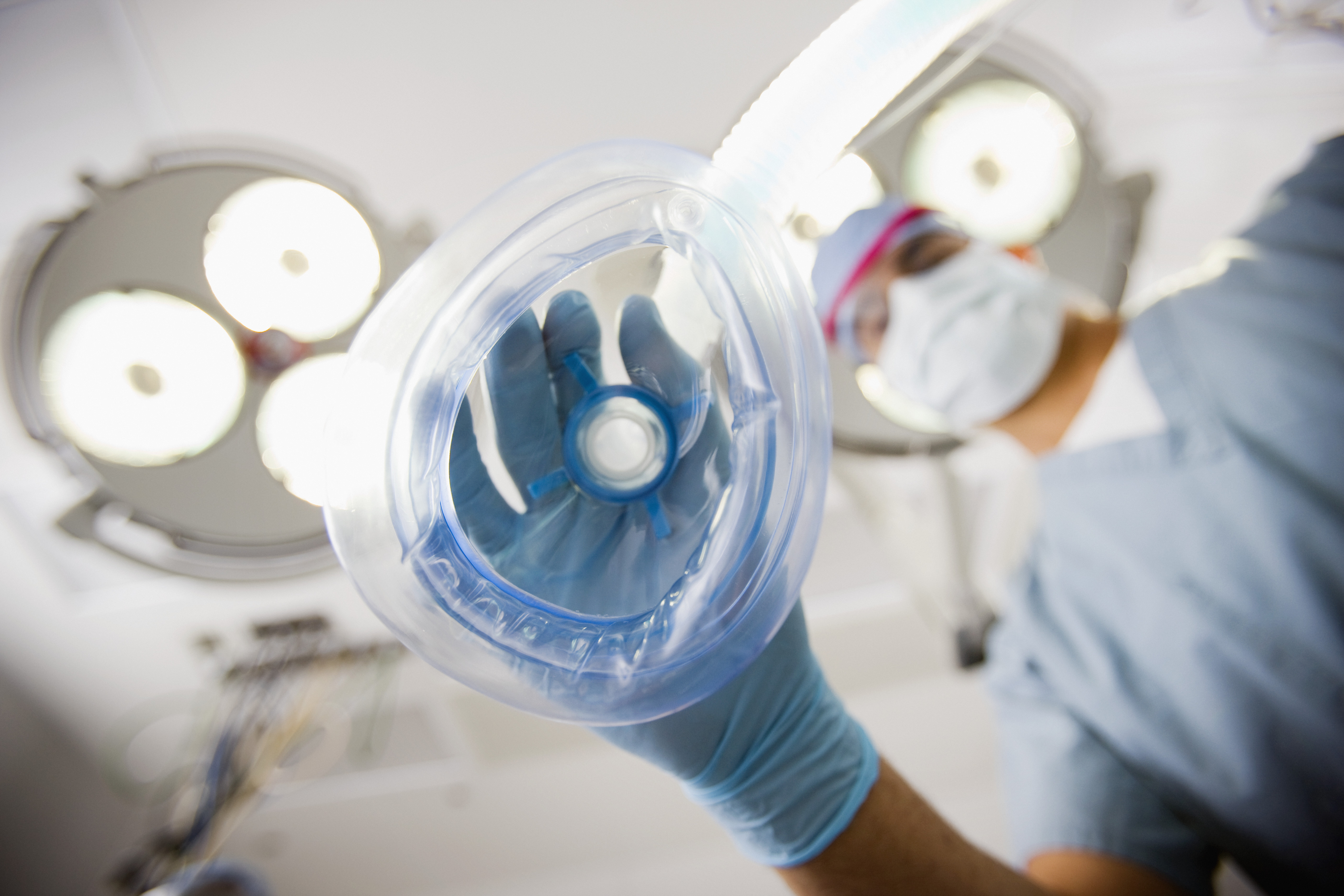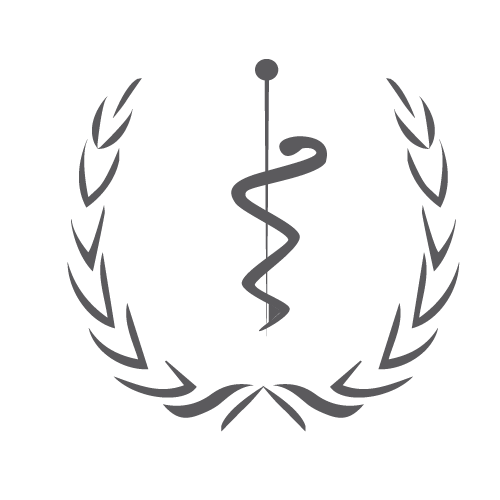Anaesthesia
The safety of your anaesthesia is paramount. That´s why Dr. Freschi works with Dr. Luis Lopez de Sabando considered as an excelent Anesthesiologist, who look after all of his patients. Both are doctors at Argerich Teaching Hospital as well as working in private practice with Dr. Freschi. They have all worked together over a number of years and built up a good understanding, enabling them to achieve the safest possible outcome. The following are some commonly asked questions which you may find helpful.

What happens before your anaesthetic?
Do not to eat or drink anything for 8 hours before your planned procedure. Before your operation you will see the anaesthetist and have the opportunity to discuss the options that best suit you for the procedure. When you talk to the Anaesthetist before surgery, please show them all the medications you are taking as this will reduce the chance of any interaction with the anaesthetic.
What happens when you are taken to the operating theatre?
You will be connected to monitoring equipment to record your vital signs. During this time and throughout the course of the operation the anaesthetist will be with you to ensure your safety and comfort.
The anaesthetic will drift you off to sleep in a few seconds. The first thing you are likely to remember is waking up in the recovery room. Here you will be looked after until it is safe for you to return to the ward.
Are general anaesthetics safe?
Yes they are. Although any operation and anaesthetic carries a slight risk, if you are generally healthy this is very low indeed. To put this in perspective you are hundreds of times more likely to have a crash on the way to the clinic than have a significant problem with the anaesthetic.
Will I need any tests?
You may require preoperative investigations such as blood tests, x-rays or an electrocardiogram (ECG). These will be discussed with you at your initial consultation.
Should I continue my prescribed medication?
Yes it is important to continue with most medications up to and including the day of surgery. The important exception to this is Aspirin which must be stopped at least 10 days before surgery to reduce the risk of bleeding.
If I have had a cold recently, will I be able to have surgery?
Providing you are not feeling unwell there is usually no cause for concern. If you suffer from chest problems, such as asthma or bronchitis it would be wise to discuss this with the team before your operation. Remember, your health first, the operation can be reprogrammed without any problem.
Are there any after effects of a general anaesthetic?
Some people are prone to nausea following anaesthetics. However this can usually be prevented with modern advances in medication. Sore throat associated with breathing tube placement is common, but usually only lasts a few hours.


